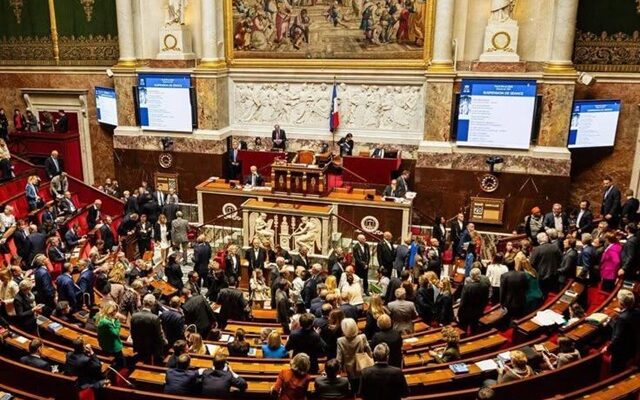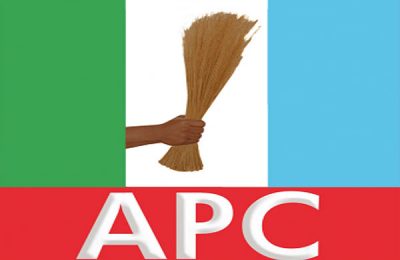By Muhammed Sherifdeen Omeiza.
Africa’s development story is a paradox. It is a continent rich in human and natural potential, yet burdened by persistent poverty and fragile institutions. Across its landscapes, bustling cities, forgotten villages, and resource rich deltas, one question echoes: why has political independence not translated into social and economic liberation? The answer lies not in the absence of resources, but in the crisis of governance, the failure of many states to convert authority into accountability, and power into public good. Governance in Africa has too often been reduced to the art of maintaining order, rather than the craft of creating opportunity.
For decades, African governments have implemented governance reforms inspired by external blueprints emphasizing liberal democracy, transparency, and accountability. While these ideals remain essential, their application often neglects the continent’s unique political and cultural landscape. Traditional authority structures, informal networks, and indigenous governance systems continue to shape the ways citizens experience power and participate in decision-making. When these realities are ignored, governance becomes a hollow performance, one that satisfies international benchmarks but fails to respond to domestic expectations.
True development requires more than institutional stability; it demands governance that is inclusive, participatory, and responsive to local needs. The strength of a state should not only be measured by its capacity to enforce laws but also by its legitimacy in the eyes of its people. Legitimacy grows when governance institutions listen, engage, and empower. When citizens become co-authors of their own development, governance transcends bureaucracy and becomes a shared social contract rooted in trust and accountability.
There are, however, encouraging examples across the continent. Participatory budgeting in Kenya, community-driven monitoring projects in Ghana, and digital accountability tools in Rwanda illustrate that governance innovation is possible when local realities guide institutional reform. These experiences highlight that sustainable development does not flow from external prescriptions but from locally grounded solutions that reflect the aspirations of the governed.
Yet, challenges persist. Corruption, elite capture, and policy inconsistency continue to undermine efforts at inclusive governance. The over centralization of power often silences local voices and weakens accountability. To achieve meaningful development, African states must reclaim governance as a moral and social responsibility not merely as a technical or administrative exercise. As Nelson Mandela once said, “A nation should not be judged by how it treats its highest citizens, but its lowest ones.” His words remind us that development without justice, inclusion, and dignity is merely an illusion of progress.
For Africa to move beyond the cycles of fragility and dependency, it must embrace governance that speaks the language of its people, reflects their realities, and respects their voices. Development cannot be imported or imposed; it must be cultivated from within through participatory leadership, local ownership, and ethical stewardship. Only then can governance evolve from a system of control to a true catalyst for inclusive and enduring development across the continent.
– Muhammed Sherifdeen Omeiza is a Nigerian researcher and writer focused on humanitarian action, human rights, and global governance. His work engages themes of public policy, democracy, and political economy, examining how local realities and global decisions influence humanitarian outcomes. He writes from African and international perspectives with a commitment to justice, accountability, and people-centered governance.
Phone: 0816 036 4451
Email: sherifdeenmuhammed001@gmail.com




